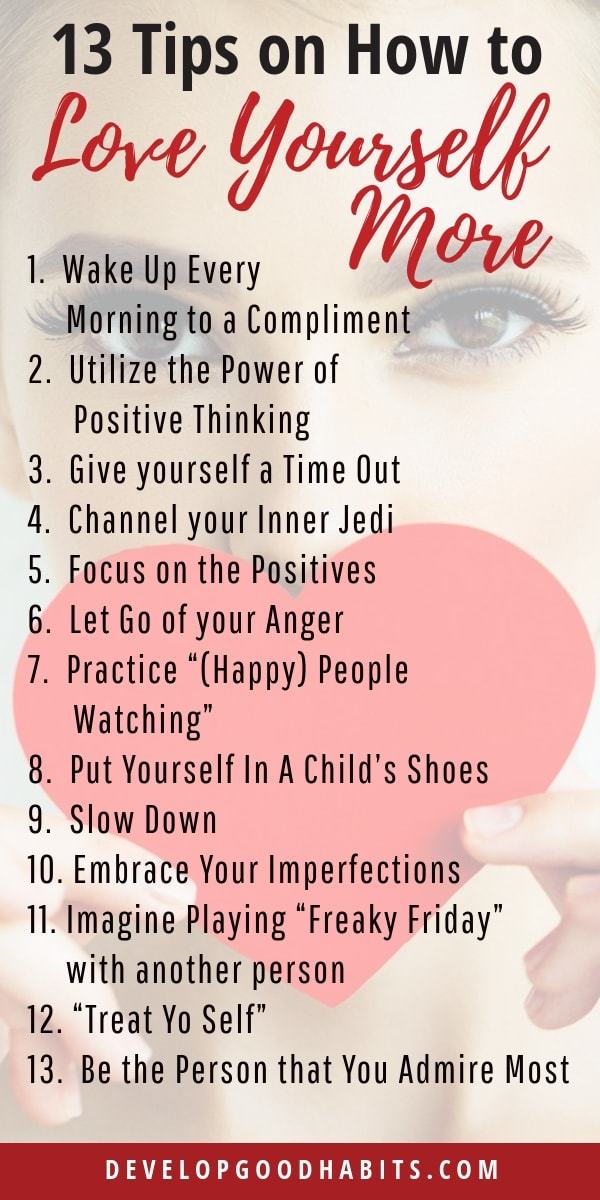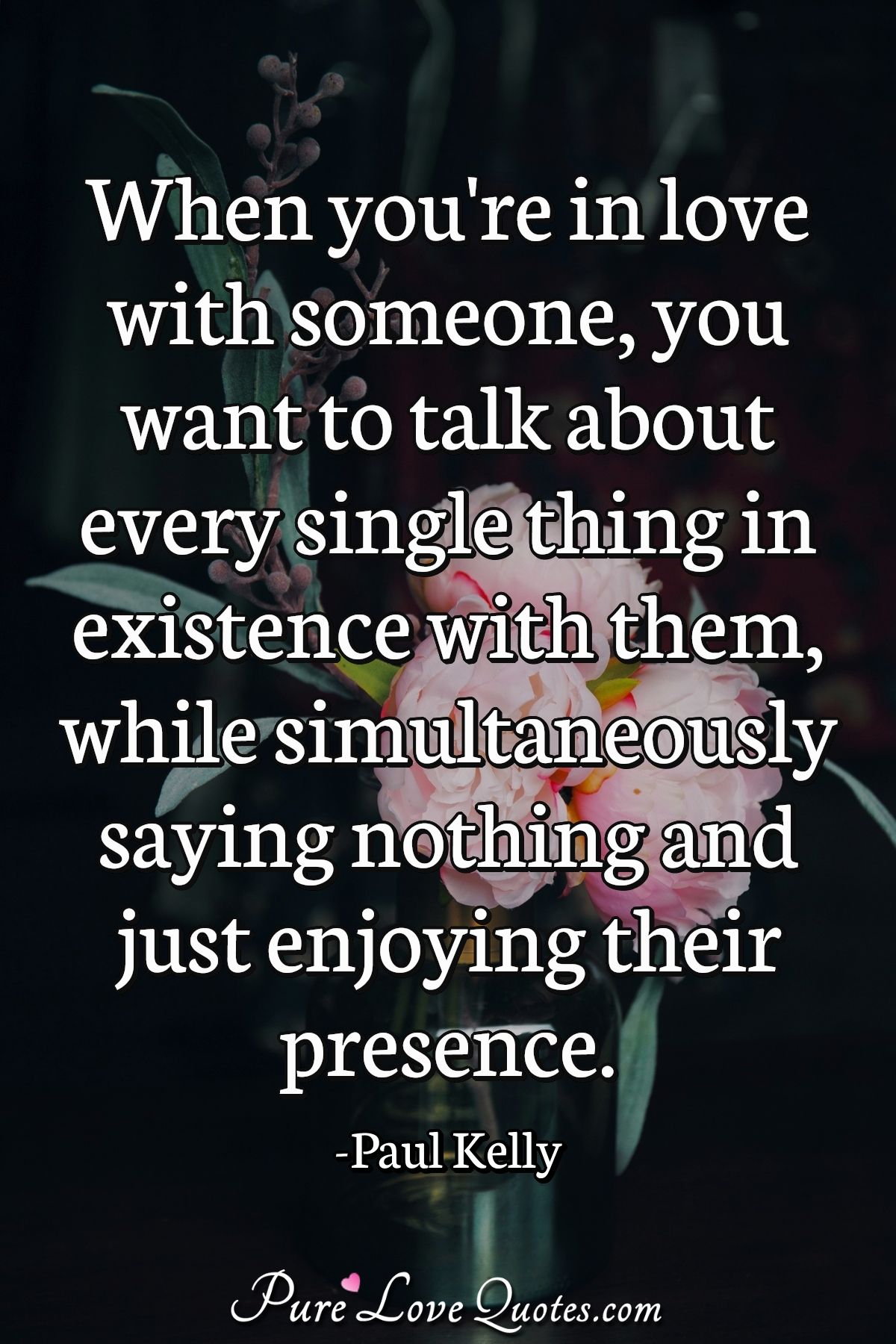 BONDET.CO –
BONDET.CO –
How to Be Yourself When You’re in Love: Nurturing Your Identity and Connection
Falling in love is one of life’s most exhilarating experiences. Suddenly, the world seems brighter, everything feels possible, and you’re eager to merge your life with another person’s. There’s a natural, beautiful inclination to spend time together, share experiences, and build a shared world.
However, amidst this joyful merging, it’s surprisingly easy to lose sight of one crucial element: yourself. The person you were before the relationship began – with your unique quirks, hobbies, friends, solo habits, and individual dreams – can sometimes get inadvertently sidelined. You might find yourself adopting your partner’s interests, spending all your free time with them, or even adjusting your opinions to match theirs.
While compromise and shared interests are vital components of any healthy relationship, completely abandoning your own identity is a path that can lead to dissatisfaction, resentment, and ultimately, can weaken the very connection you cherish. True love isn’t about two halves becoming one; it’s about two whole, distinct individuals choosing to walk a path together.
So, how do you navigate the beautiful intensity of love while holding onto the essence of who you are? It requires conscious effort, self-awareness, and open communication.
Why It’s Easy to Lose Yourself (And Why It Matters)
When you fall in love, several factors make it easy to blur boundaries:
- The "We" Mentality: The natural shift from "I" to "we" is important, but it can sometimes overshadow the "I."
- Desire to Please: You want your partner to be happy, which can lead you to prioritize their needs and desires above your own.
- Fear of Rejection: You might worry that showing certain sides of yourself, or expressing different opinions, could lead to conflict or rejection.
- Novelty & Intensity: New love is often all-consuming. You might genuinely want to spend every moment together, temporarily neglecting other parts of your life.
Losing yourself, however, has significant consequences. It can lead to:
- Resentment: Feeling like you’ve sacrificed too much or aren’t truly seen.
- Loss of Self-Esteem: Your sense of self-worth can become overly reliant on the relationship.
- Reduced Attraction: Ironically, the unique qualities that attracted your partner in the first place can fade if you stop nurturing them.
- An Unstable Foundation: A relationship built on one person diminishing their identity is not sustainable or genuinely fulfilling for either party.
 How to Be Yourself When You’re in Love: Nurturing Your Identity and Connection
How to Be Yourself When You’re in Love: Nurturing Your Identity and Connection
” title=”
How to Be Yourself When You’re in Love: Nurturing Your Identity and Connection
“>
What "Being Yourself" Means in Love
Being yourself in love doesn’t mean being selfish, rigid, or unwilling to compromise. It means:
- Retaining Your Core Values and Beliefs: Not compromising on fundamental principles.
- Maintaining Your Hobbies and Interests: Continuing to pursue activities you enjoy, both together and independently.
- Nurturing Your Other Relationships: Staying connected with friends and family.
- Expressing Your Opinions and Feelings Honestly: Sharing your perspective, even if it differs from your partner’s (respectfully, of course).
- Allowing Yourself Solo Time and Space: Recognizing the need for personal downtime.
- Continuing Personal Growth: Pursuing your individual goals and aspirations.
Practical Steps to Staying True to You
Here’s how to actively maintain your identity while deepening your connection:
- Know Thyself (First and Foremost): Before you can be yourself in a relationship, you need a strong sense of who that person is. What are your passions? What are your non-negotiables? What recharges you? What makes you feel most alive? Regularly check in with yourself.
- Maintain Your Independent Interests: Don’t drop all your hobbies or activities just because you’re in a relationship. If you love painting, gardening, hiking, or playing an instrument, make time for it. Encourage your partner to do the same. Shared interests are great, but individual passions keep you vibrant.
- Nurture Your Friendships: Your friends were your support system and source of connection before your partner, and they should remain so. Make time for them, share your life with them, and don’t let your social circle shrink only to your partner’s.
- Schedule Solo Time: It might sound counter-intuitive, but deliberately scheduling time apart can strengthen your bond. Use this time to pursue your interests, relax alone, or simply recharge. This prevents codependency and fosters independence.
- Communicate Your Needs and Boundaries: Don’t expect your partner to read your mind. If you need quiet time, want to attend an event alone, or feel strongly about something, communicate it kindly and clearly. Healthy boundaries are a sign of respect for yourself and your partner.
- Express Your Opinions (Respectfully): It’s okay to disagree! Healthy relationships involve differing perspectives. Share your thoughts, feelings, and opinions honestly, even if they differ from your partner’s. Learn to debate and discuss without it becoming a personal attack.
- Don’t Abandon Your Values: Your core values shape your decisions and your view of the world. While relationships involve compromise, compromising on fundamental values can lead to significant internal conflict.
- Be Vulnerable, Not Just Accommodating: True intimacy comes from sharing your authentic self, including your fears, insecurities, and past, not just the agreeable, easy parts. Vulnerability is different from simply trying to please.
- Continue Your Personal Growth: Don’t put your personal goals or learning aspirations on hold. Whether it’s a career goal, learning a new skill, or working on personal development, continue investing in yourself.
- Support Each Other’s Individuality: A loving partner won’t want you to dim your light. They will encourage you to pursue your passions and maintain your identity. Reciprocate this support for them.
The Reward: A Stronger, More Authentic Connection
When you commit to being yourself in love, you build a relationship based on reality, not on a diluted version of one or both people. You bring your full, unique self to the partnership, enriching it with your distinct perspective, energy, and passions.
This authenticity fosters deeper trust, mutual respect, and a more dynamic connection. You become two individuals choosing to share a life, rather than two people trying to become one amorphous blob.
Ultimately, the greatest act of love you can offer your partner is to show up as the real, vibrant, complex person they fell in love with – and continue to fall in love with – every single day. Nurturing your identity isn’t a threat to your relationship; it’s the foundation for a love that truly lasts and allows both individuals to flourish.
(red)
